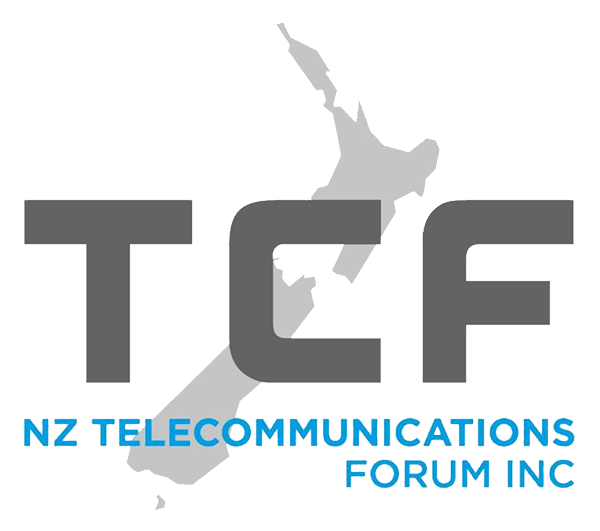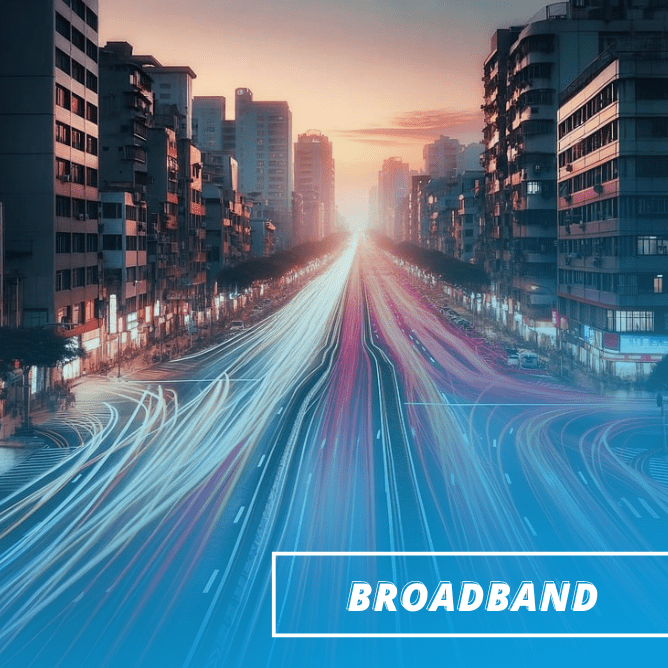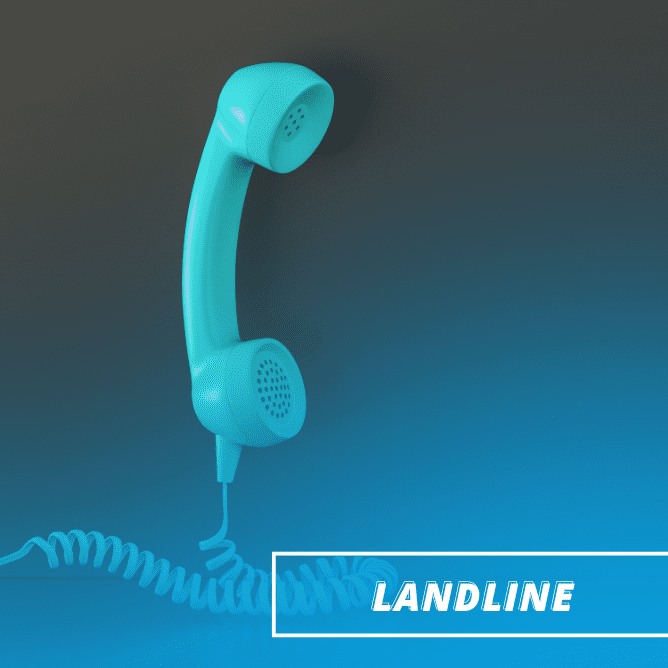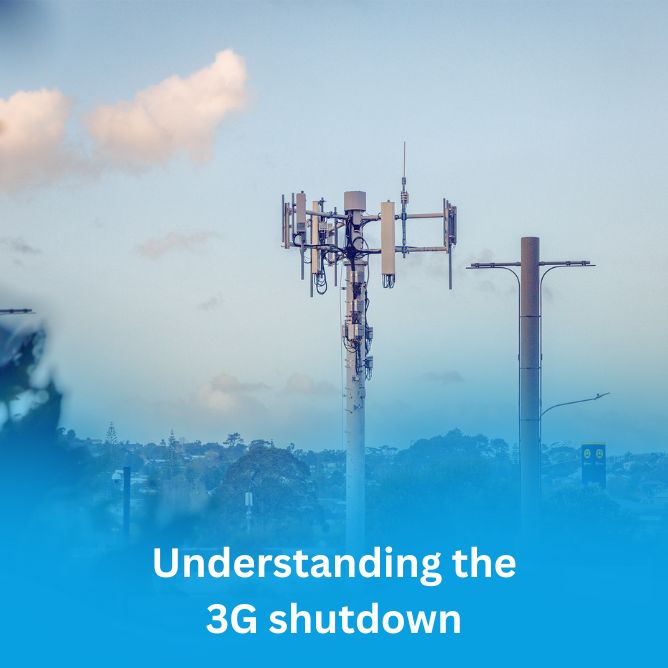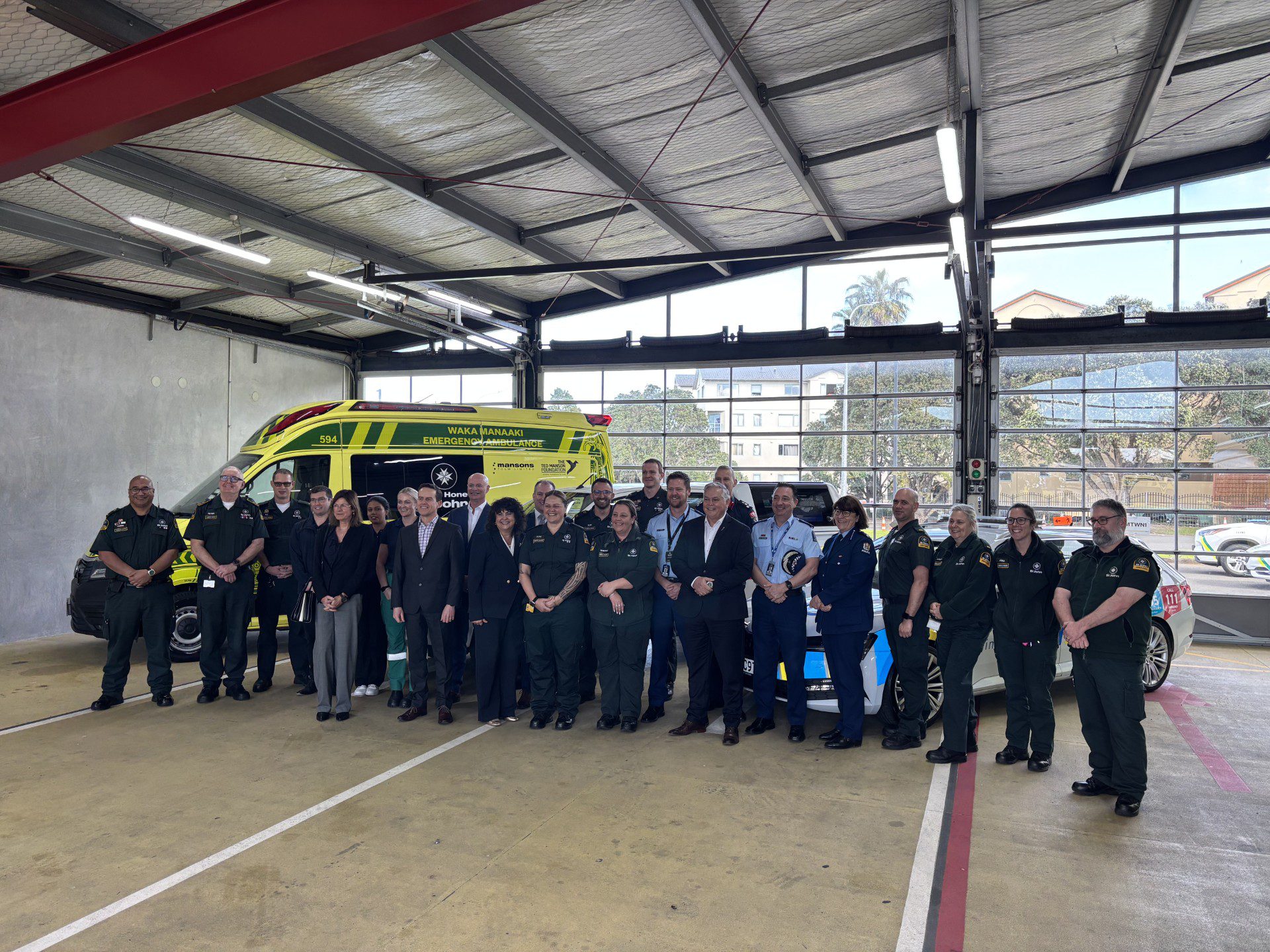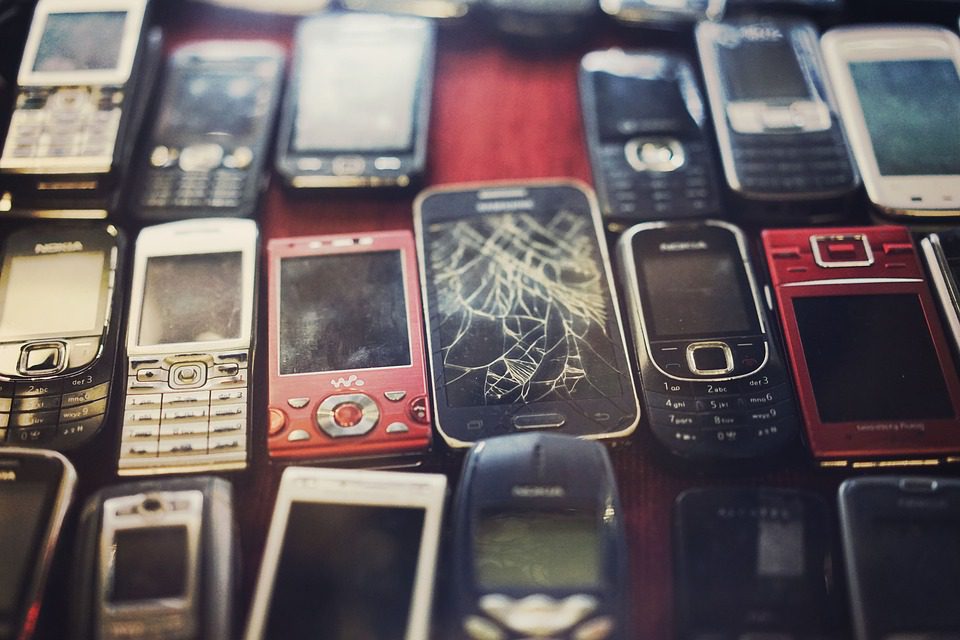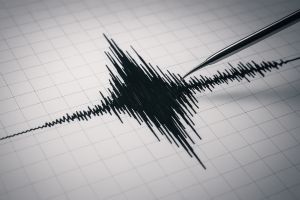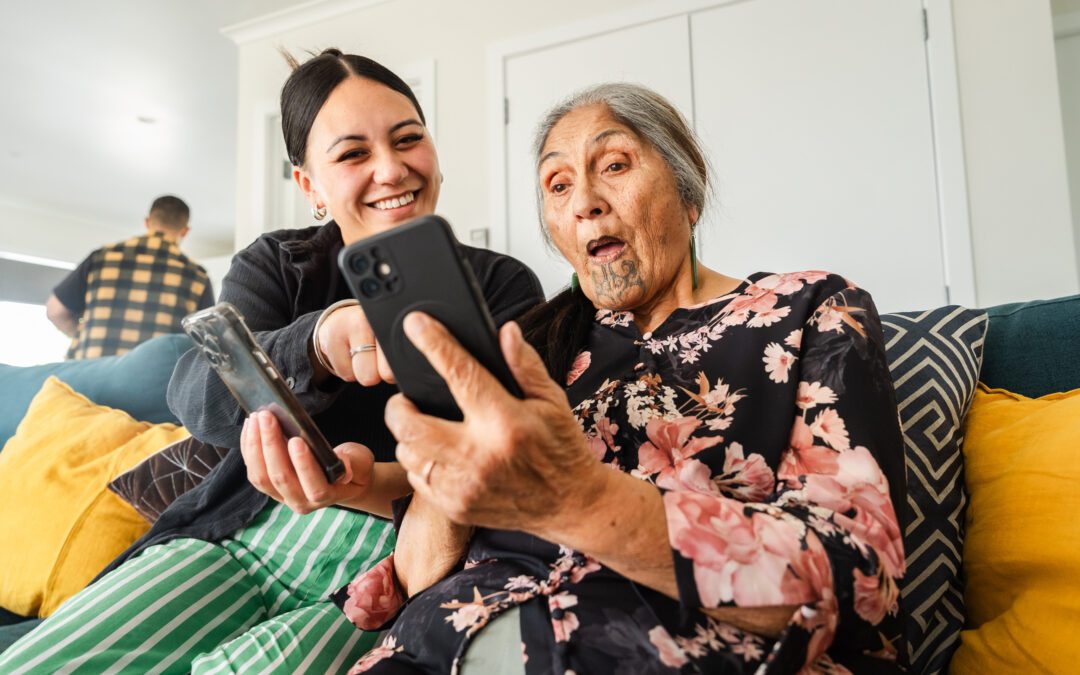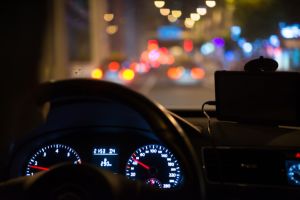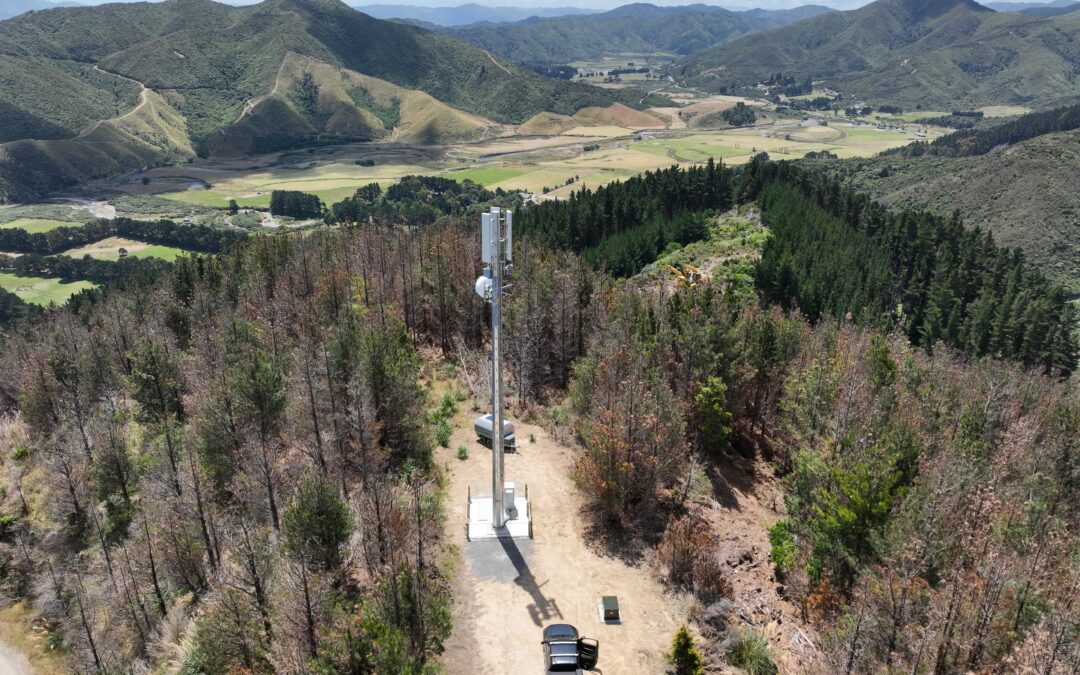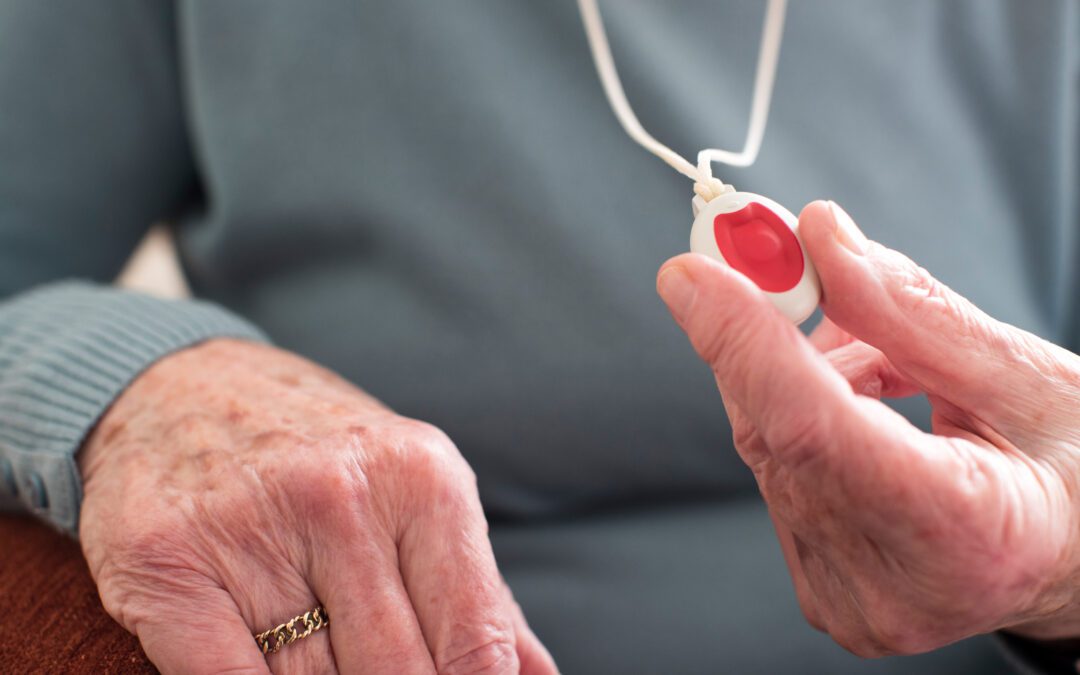Police Minister Mark Mitchell has today announced a capability boost for New Zealand’s emergency services to help them find people who are at risk by rapidly locating their mobile device.
“The Telecommunications Forum supports the launch of the Device Location Information (DLI) service by Next Generation Critical Communications (NGCC),” says CEO Paul Brislen.
“About one in five calls to emergency services are from someone reporting serious concerns about a friend or family member who is lost or missing and not in communication. The DLI service will save lives by enabling the emergency services to respond faster by locating the mobile phone of these people to more effectively dispatch help.”
The DLI service is a streamlined replacement for a process where the emergency services had to make a manual request to mobile network operators to locate a phone. This manual approach could take some time – and in an emergency, every second counts.
“Provided a caller has a mobile phone that is connected to a cellular network then emergency services can use the DLI service to immediately access the information they need to send help”, explains Brislen.
The TCF supports the privacy and transparency checks and balances that have been put in place by the mobile network operators, the emergency services and Next Generation Critical Communications (NGCC) who deliver the service.
NGCC is also responsible for delivering the Public Safety Network’s cellular services, now being used by around 25,000 frontline responders in NZ Police, Fire and Emergency NZ, Wellington Free Ambulance and Hato Hone St John. The services are enabled by a world-leading multi-network national solution being delivered by Hourua – a Spark and One NZ joint venture.
View the full parlimentary media release here.
For more information see NGCC’s website.
